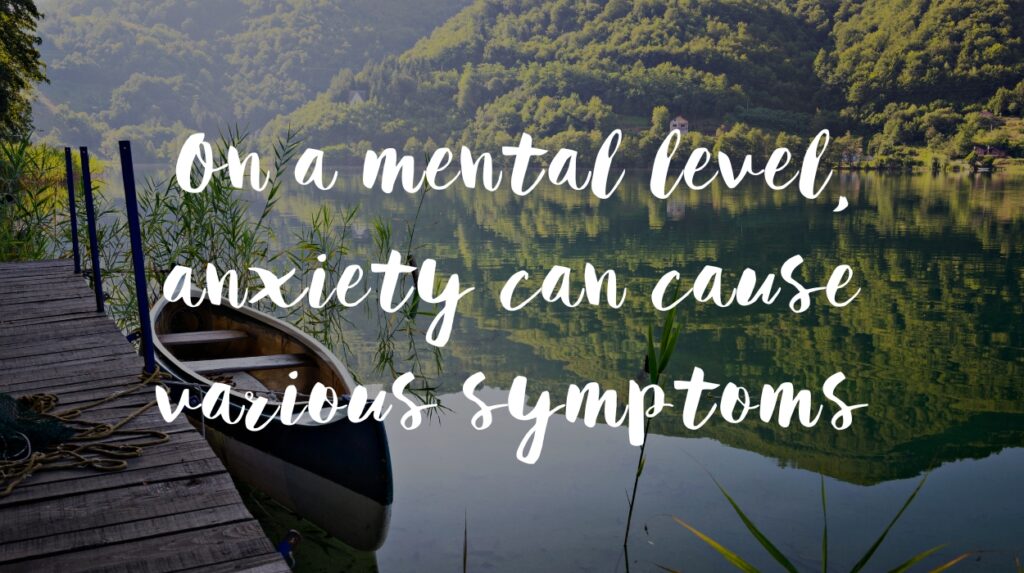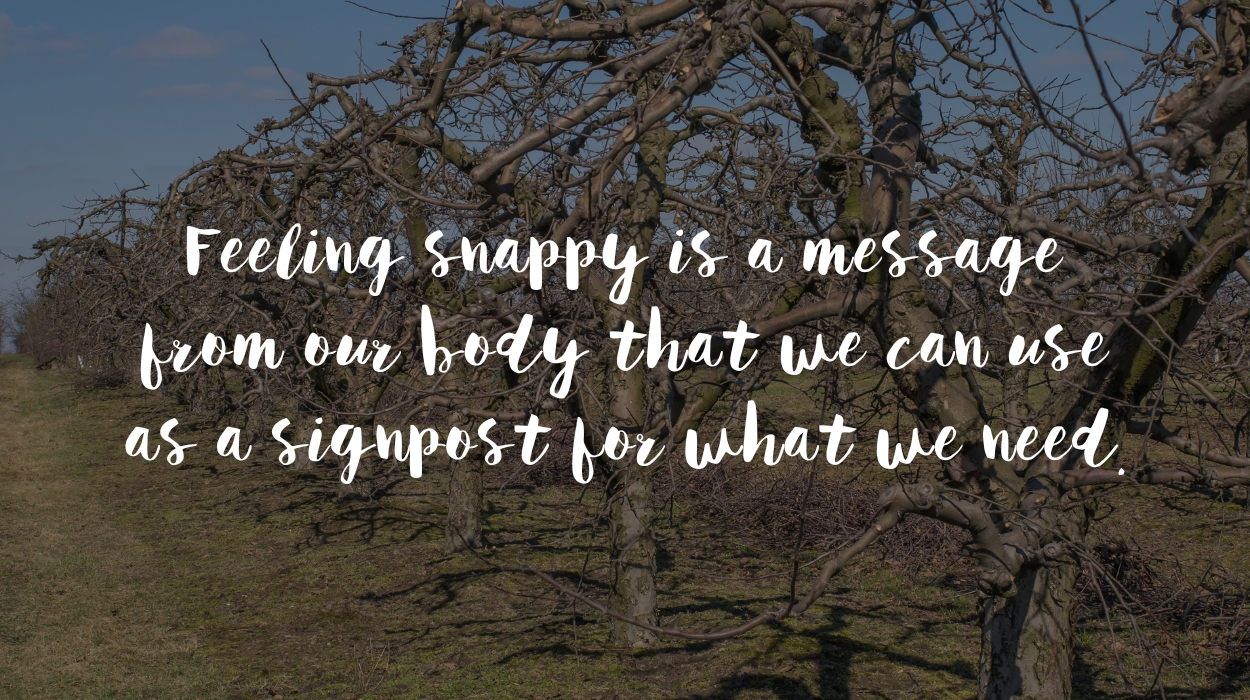Depression Decoded: Unveiling Symptoms And Effective Solutions
Discover symptoms of depression and useful ways to cope. Unveil unique solutions to ease anxiety. Take control of your mental health journey!
In a world where mental health struggles often remain invisible, depression stands as a silent yet pervasive force affecting millions. Understanding its symptoms is the first step toward reclaiming control over our well-being. Depression, often misconceived as mere sadness, encompasses a complex array of physical and mental manifestations.
Physical Symptoms Of Depression
- Aches & Pains: Depression casts a shadow over the body, manifesting as unexplained aches and pains. This connection lies in shared nerve pathways and chemical imbalances within the brain. Applying heat or cold packs can offer relief while consulting a healthcare professional ensures proper pain management.
- Digestion: The stress hormone cortisol, elevated during depression, disrupts digestion, potentially leading to digestive issues and changes in appetite. Maintaining a balanced diet and sleep schedule is crucial, alongside light exercise to aid digestion.
- Heart Health: Depression intertwines with heart disease, suggesting a link rooted in stress and hormonal fluctuations. Prioritizing healthy lifestyle habits minimizes associated risks, including avoiding excessive alcohol consumption and maintaining a balanced diet.
- Immune System: Depression compromises the immune system, leaving individuals susceptible to illness. Emphasizing self-care through diet, exercise, and adequate sleep fortifies immunity while practicing good hygiene mitigates external risks.
- Moving & Speaking Slowly: The lethargy of depression slows cognitive processing, leading to sluggish movements and speech. Embracing a patient approach and engaging in memory-enhancing activities can alleviate these challenges.
- Muscle Tiredness: Depression drains physical energy, impacting muscle health and endurance. Incorporating gentle exercises like yoga or short walks, if feasible, prevents muscle deterioration.
- Weight Changes: Depression disrupts appetite regulation, resulting in weight fluctuations. Embracing body positivity and prioritizing balanced nutrition can counteract negative self-perceptions surrounding food and weight.
- Other Physical Symptoms: Depression’s reach extends beyond the mind, affecting various bodily functions such as blood glucose levels, bone density, and sleep patterns. Awareness and proactive management are key in mitigating these effects.
Mental Symptoms Of Depression

- Persistent Sadness: A lingering feeling of deep sadness or emptiness that persists over time.
- Hopelessness: A sense of hopelessness about the future, feeling trapped in a cycle of despair.
- Irritability: Heightened sensitivity and irritability towards oneself and others, leading to frequent outbursts.
- Loss of Interest: Diminished interest or pleasure in activities once enjoyed, including hobbies, socializing, or work.
- Fatigue: Overwhelming fatigue or loss of energy, making even simple tasks feel exhausting.
- Difficulty Concentrating: Trouble focusing, remembering details, or making decisions, affecting daily functioning.
- Sleep Disturbances: Changes in sleep patterns, such as insomnia (difficulty falling or staying asleep) or hypersomnia (excessive sleepiness).
- Feelings of Guilt or Worthlessness: Persistent feelings of guilt, worthlessness, or self-blame, often without logical cause.
- Suicidal Thoughts: Recurrent thoughts of death or suicide, feeling like life is not worth living or that others would be better off without them.
- Changes in Appetite: Significant changes in appetite or weight, either loss of appetite and weight loss or increased appetite and weight gain.
Understanding these mental symptoms is crucial for recognizing and addressing depression’s impact on mental well-being. Seeking support and treatment can help individuals navigate through these challenges and find hope and healing.
Ways To Deal With Depression
Amidst the complexity of depression, simple yet effective coping mechanisms offer rays of hope. Consider incorporating these practices into your daily routine:
- Laughter Therapy: Engage in laughter yoga or watch a comedy show to stimulate endorphin release.
- Nature Immersion: Spend time in nature, absorbing the healing energy of the outdoors.
- Dance Therapy: Move your body freely to uplifting music, releasing pent-up emotions and tension.
- Creative Expression: Channel your emotions into art, writing, or music, fostering catharsis and self-expression.
- Pet Therapy: Interact with animals to experience the calming effect of their presence.
- Bubble Wrap Therapy: Spend a few minutes popping bubble wrap to release tension and promote relaxation.
- Scream Therapy: Find a secluded spot and let out a primal scream to release pent-up emotions and stress.
- Coloring Therapy: Engage in adult coloring books or digital coloring apps to calm the mind and promote mindfulness.
- Essential Oil Inhalation: Inhale calming essential oils like lavender or chamomile to soothe anxiety symptoms.
- Sensory Play: Engage in sensory activities like playing with kinetic sand, slime, or sensory bins to distract and calm the mind.
- Guided Imagery: Listen to guided imagery recordings or visualize a peaceful scene to transport your mind to a serene place.
- Cold Water Immersion: Take a cold shower or splash your face with cold water to trigger the body’s relaxation response.
- Earthing or Grounding: Spend time barefoot outdoors, connecting with the earth’s energy to promote a sense of calm.
- Humming or Vibrational Therapy: Humming or using vibrating tools like tuning forks or singing bowls to induce relaxation.
- Acupressure: Apply pressure to specific acupressure points like the “Third Eye” or “Heavenly Pillar” to alleviate anxiety.
- Aromatherapy Shower: Place a few drops of calming essential oils on a washcloth or sponge and inhale deeply while showering.
- Laughter Meditation: Engage in laughter meditation exercises or watch funny videos to boost mood and reduce anxiety.
- Forest Bathing: Spend time in nature, immersing yourself in the sights, sounds, and smells of the forest to reduce stress and anxiety.
- Eye Movement Desensitization and Reprocessing (EMDR): Use bilateral stimulation techniques such as tapping or eye movements to process and reduce anxiety-related trauma.
- Progressive Muscle Relaxation (PMR) with Props: Incorporate props like stress balls or resistance bands into PMR exercises to enhance relaxation and release tension.
Experiment with these unique approaches to find what resonates best with you and incorporate them into your anxiety management toolkit. Remember, finding relief from anxiety is a journey, and it’s okay to explore unconventional methods to discover what works for you.
If any depression symptoms trouble us, consulting a therapist is wise. They can provide reassurance by ruling out other potential issues and offer guidance on managing any pain or discomfort associated with our symptoms.
Depression, with its intricate web of symptoms, remains a formidable foe. Yet, armed with understanding and resilience, we can navigate its labyrinthine pathways toward healing. Embrace the quirks of unconventional coping strategies and remember, even in the darkest of moments, hope flickers like a candle in the wind. Together, we can illuminate the path to recovery.
Sharing is caring: please share this post to help others, you never know who might need it.








